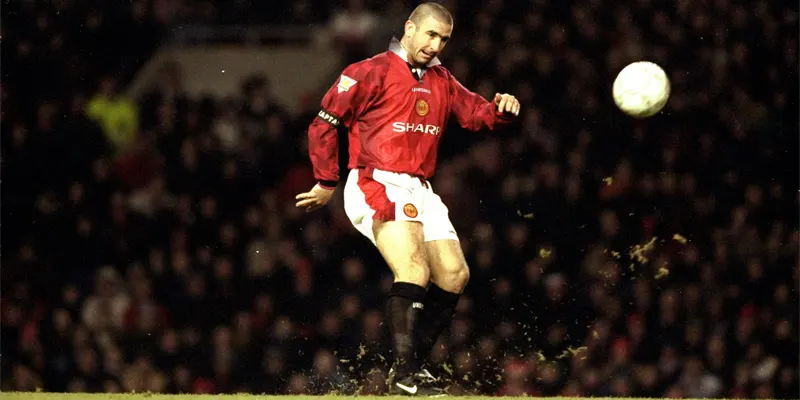
All Boys FC
Welcome to a deep dive into All Boys FC, a club with a rich history, passionate fans, and a unique identity within Argentine football. This article aims to offer a thorough exploration of the club’s origins, evolution, key moments, and the culture that surrounds it. Whether you’re a dedicated supporter or a curious newcomer, you’ll find detailed insights that illuminate the essence of All Boys FC and its role in Argentine sports.
The Genesis and Early Years of All Boys FC
Understanding any football club’s history begins with its roots. For All Boys FC, the origins are intertwined with local community efforts, ambitious youth, and a desire to establish a footballing identity that resonates through decades. This section chronicles the club’s humble beginnings, the socio-economic environment of its founding, and the early formative years that set the stage for future growth abc vip.
The Founding of All Boys FC
All Boys FC was founded on July 15, 1913, in the neighborhood of Floresta, a district within Buenos Aires, Argentina. The club’s founding was driven by a group of local football enthusiasts who sought to create a club that fostered community spirit and provided an outlet for youthful vitality. The name “All Boys” captures the essence of inclusivity and youthful exuberance, emphasizing their mission to unite boys from the neighborhood under one sporting banner.
During the early 20th century, Argentina was witnessing a surge in football popularity, with many clubs emerging from working-class neighborhoods. All Boys FC was part of this wave, and its early years were characterized by grassroots efforts—organizing matches on local fields, recruiting young talent from nearby neighborhoods, and establishing friendly rivalries that would shape the club’s identity.
Socio-political Context and Community Roots
The social context of early 20th-century Argentina played a significant role in shaping All Boys FC. During this period, Buenos Aires was experiencing rapid urbanization, with many boys and young men seeking avenues for recreation and social cohesion. The club became more than just a sports team; it acted as a social hub that promoted camaraderie, discipline, and community pride.
The neighborhood of Floresta, home to many working-class families, provided fertile ground for nurturing football talent. The local clubs often depended on community support—local businessmen sponsored matches, and families cheered from the sidelines. The club’s early ethos was built around resilience, teamwork, and a desire to represent their neighborhood on larger stages.
The Establishment in Argentine Football Leagues
In its initial decades, All Boys FC participated in local leagues, gradually gaining recognition for its spirited performances. The club’s early fixtures involved friendly matches and regional tournaments, which helped build a foundation for future competitiveness. The club’s first significant milestone was gaining entry to the Buenos Aires Football Association leagues in the 1920s.
Participation in these leagues served as a proving ground for many young players who would later represent the club at higher levels. The early years also saw the emergence of influential figures—coaches, players, and administrators—who helped shape the club’s strategic direction and ethos. Despite limited resources compared to bigger clubs, All Boys FC’s fighting spirit earned respect among rivals and fans alike.
Cultivating a Youth-Oriented Philosophy
From its inception, All Boys FC maintained an emphasis on youth development. This approach stemmed from its community-centered origins, with many young players rising through the ranks from local youth teams. The club’s philosophy centered around nurturing talent from an early age, emphasizing education, discipline, and teamwork.
This youth-centric philosophy remains a core component of the club’s identity, providing a sustainable model that balances competitive success with community service. Notable early players who advanced from youth ranks to senior teams helped reinforce the idea that All Boys FC was a club where ambitious boys could realize their dreams—an ethos that persists to this day.
Summary
The early years of All Boys FC highlight a narrative of community resilience, local pride, and grassroots development. From humble beginnings in Floresta to competing in regional leagues, the club’s roots reflect its profound connection to local culture and the passionate spirit of Argentine football. This foundation set the stage for its future endeavors and established a legacy that continues to inspire its supporters worldwide.

